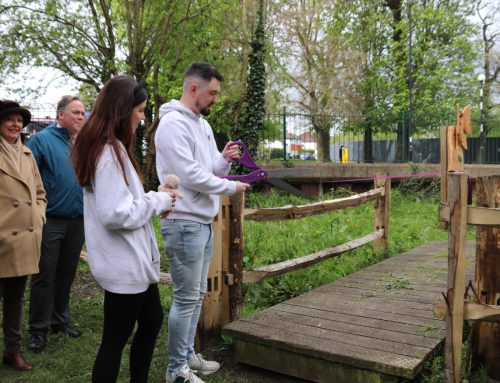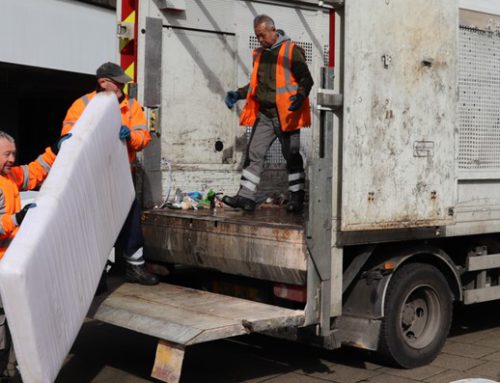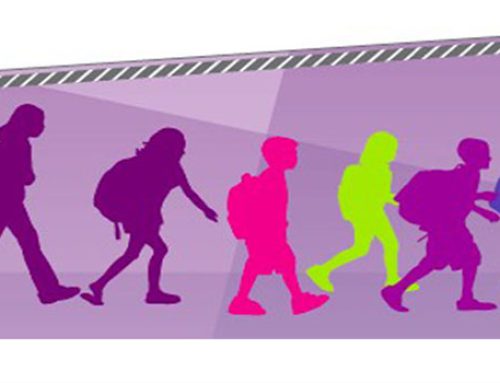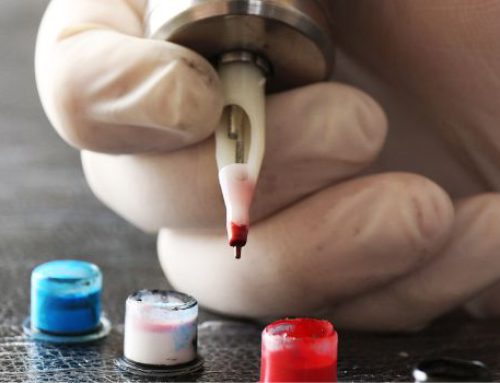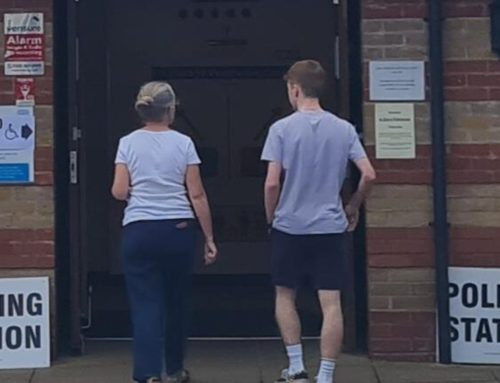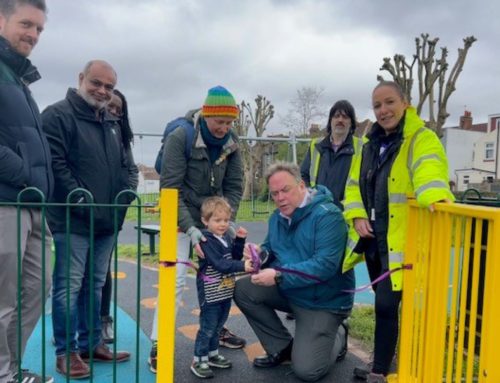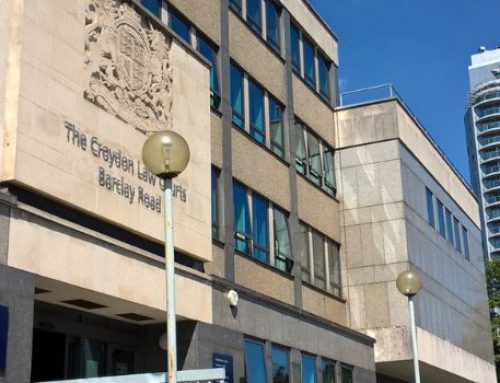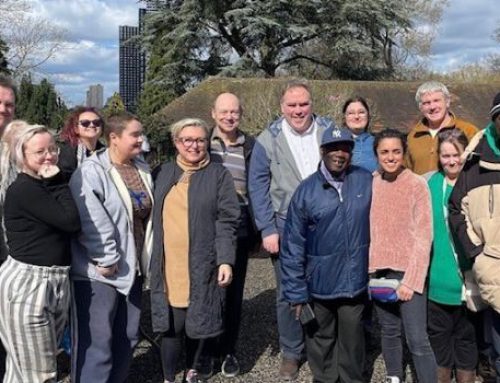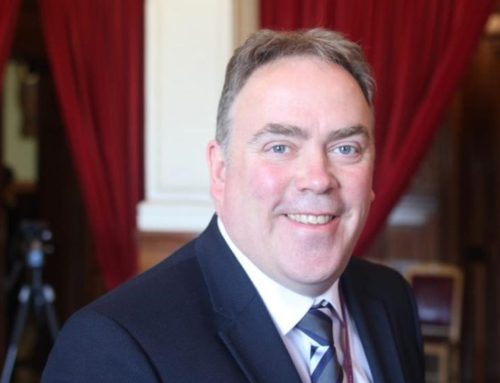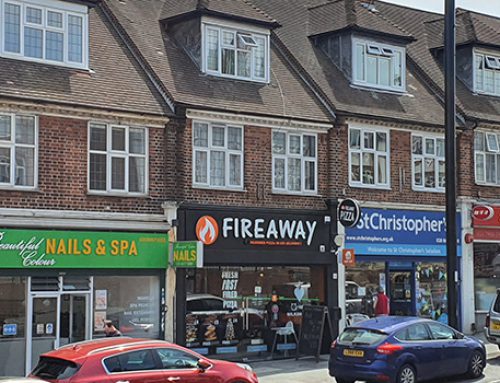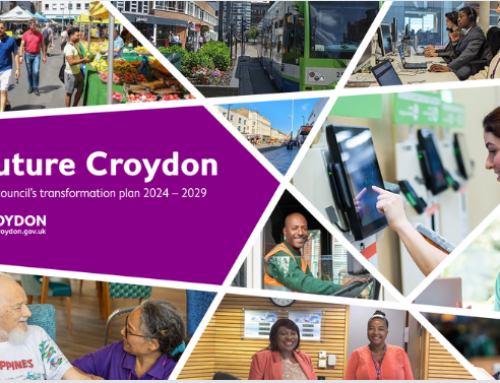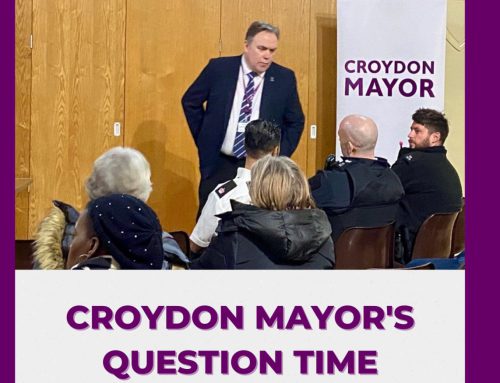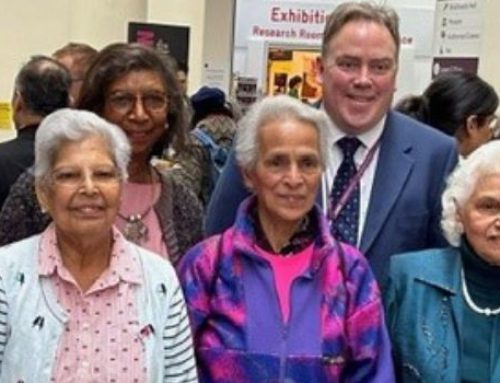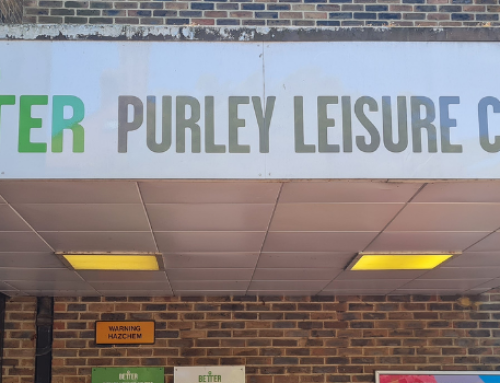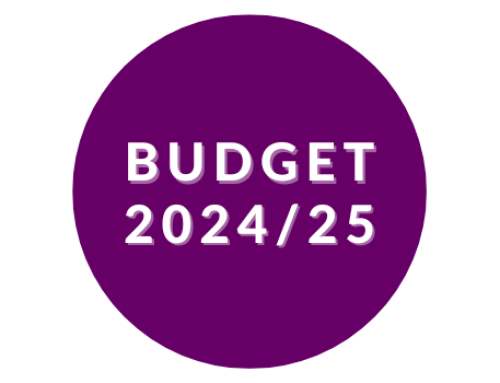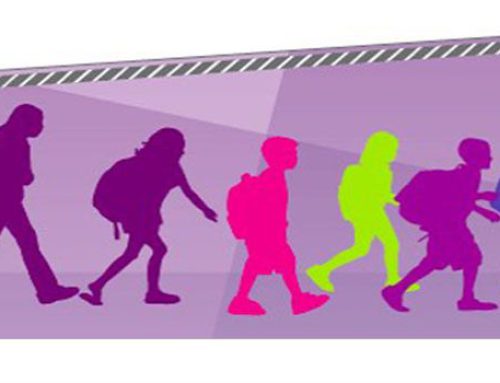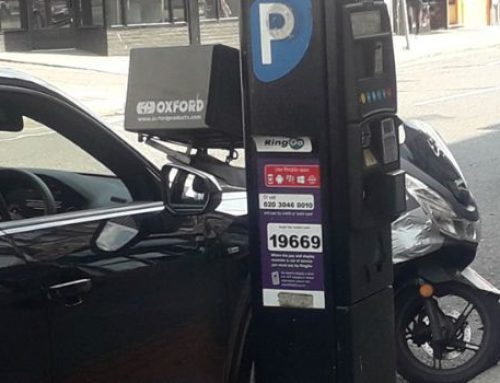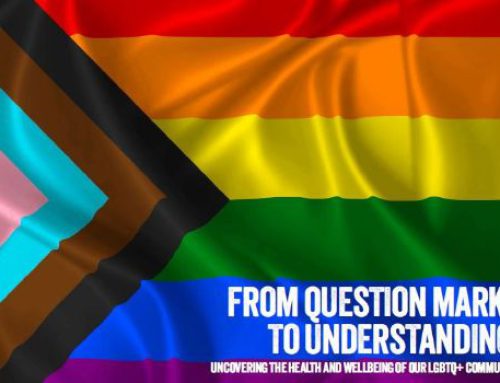Croydon Council is backing a London-wide campaign that aims to achieve the ambitious target of zero new HIV infections in the capital by 2030.
The latest phase of the Do It London campaign, which is funded by London boroughs, runs throughout the summer and autumn to support residents to make safer and healthier lifestyle choices by increasing condom use and getting more people to regularly test for HIV.
Croydon’s C-Card scheme offers free condoms to residents under 25, as well as adults who are considered to be vulnerable and those groups more at risk of contracting HIV.
Do It London is also highlighting that effective HIV treatment, leading to an undetectable viral load, can mean that the virus cannot be passed on. The campaign’s U=U signposting, which means undetectable equals untransmittable, is being used to put across this message.
In addition, people are being made aware that some high risk groups can access Pre-Exposure Prophylaxis (PrEP) – a pill that protects against HIV infection.
There has been an overall 37% reduction in new HIV diagnoses in the capital since London boroughs began Do It London four years ago. In men who have sex with men, the group most affected by HIV in London, that figure reduced by 40% in the same period.
 “The cross-borough approach to tackling HIV in Croydon has made a significant impact on combatting the virus. We are supporting residents to make healthy choices around safe sex and regular HIV testing so that this downward trend continues and we can meet the ambitious target of zero new infections by 2030. The Do It London campaign has a clear message that there are many ways to prevent HIV and look after your health and wellbeing.”
“The cross-borough approach to tackling HIV in Croydon has made a significant impact on combatting the virus. We are supporting residents to make healthy choices around safe sex and regular HIV testing so that this downward trend continues and we can meet the ambitious target of zero new infections by 2030. The Do It London campaign has a clear message that there are many ways to prevent HIV and look after your health and wellbeing.”
Councillor Jane Avis, cabinet member for families, health and social care
There are still around 36,000 Londoners living with HIV and the capital continues to have a much higher new diagnosis rate than the rest of England – 21.7 per 100,000 compared to 8.7%.
Half of the HIV diagnoses in Croydon since 2015 were categorised as late. This causes delays in treatment and harm to health, as well as increasing the risk of onward HIV transmission. Late diagnose are more likely to be heterosexual, including a significant number from black African communities.
Paul Steinberg, lead commissioner of the London HIV Prevention Programme, said: “The reduction in HIV diagnoses in recent years is a very promising development, not least because it means Londoners themselves are making effective choices to stop the transmission of HIV.
“But this is no time for complacency. That’s why London boroughs continue to work together to encourage everyone to prevent HIV, in order to achieve our ambitious target of zero new infections by 2030.
“The London HIV Prevention Programme is proud to have played its part in the continued downturn in HIV incidence, alongside London’s world-class sexual health services, our clinical colleagues, the HIV voluntary sector, and the communities most affected by HIV. London is now a Fast Track City, part of an ambitious global effort to end the HIV epidemic by 2030, and we will continue to lead the way in efforts to prevent HIV and combat the harmful stigma needlessly associated with the virus.”
Find out more about Do It London at http://www.doitlondon.org and on social media @doitldn #UequalsU


